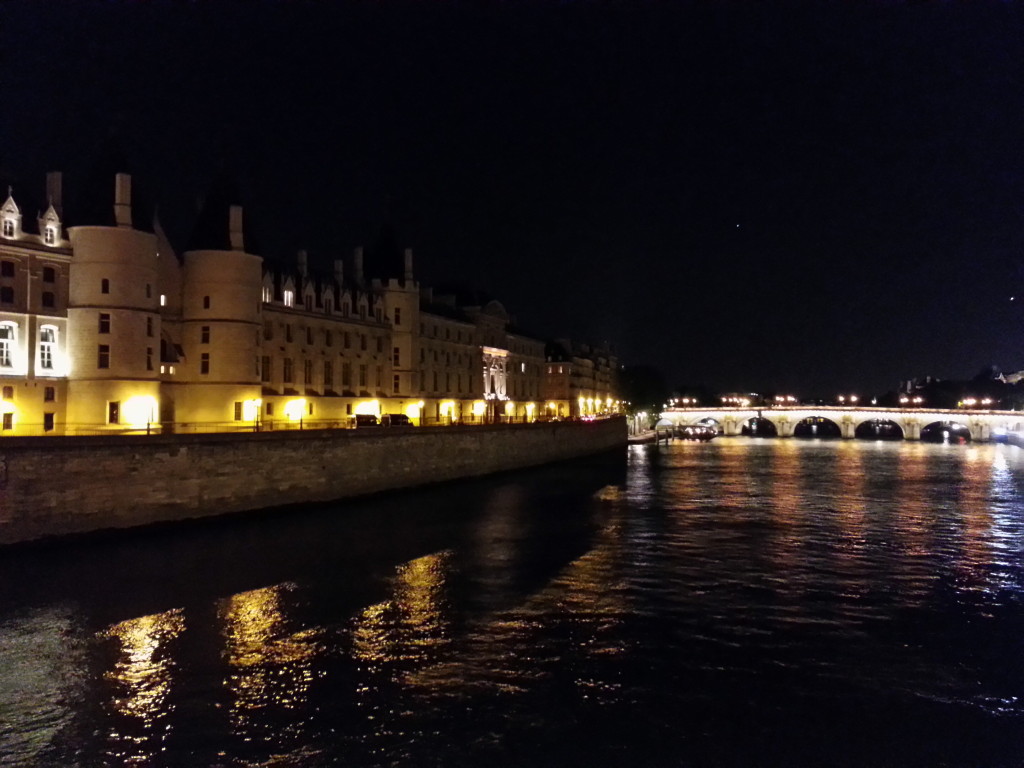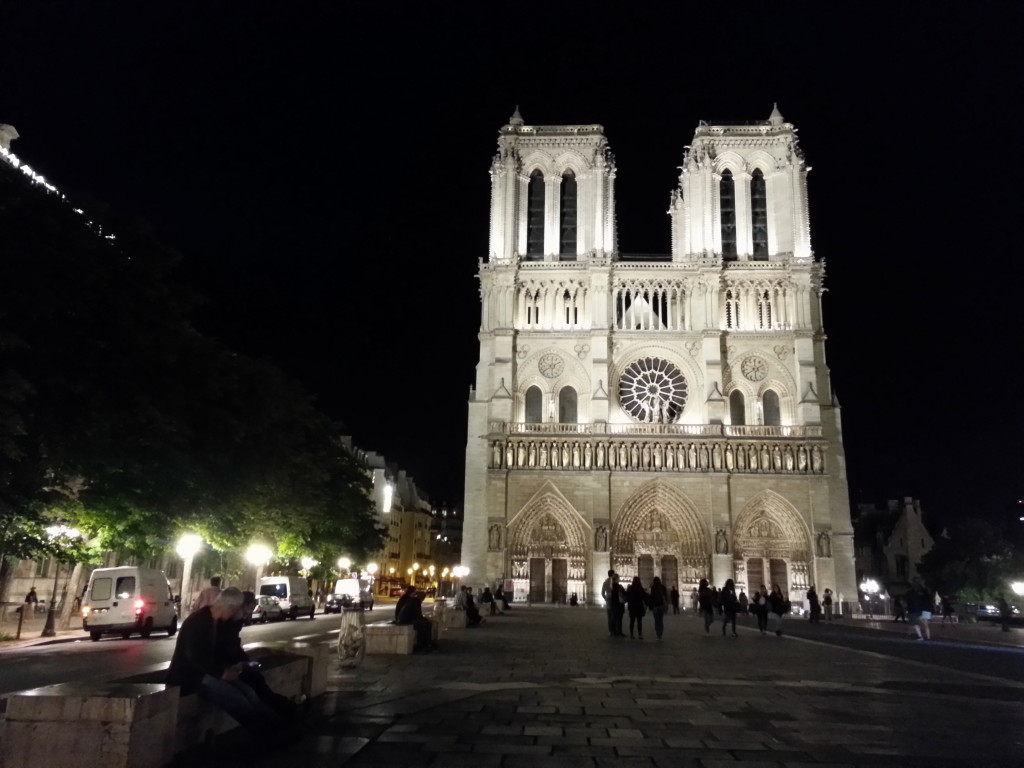Posted by Ankit On June 16th, 2015
If I were to name the one person whom I met in my life and who resembled the mighty dude from the Lebowski movie more than any other, it'd have to be Raghu. Raghu was the diminutive flatmate I had in San Diego when I was living in a townhouse on Easter way. He was, quite simply, the most interesting person I ever met and he was interesting in precisely the kind of ways I thought I'd never find anybody interesting. I have always gravitated towards people who show some degree of intellectual sophistication but Raghu had none of it and he wasn't bothered. By saying this I mean him absolutely no ill-will. In fact to this day I stand amazed at how happy he was, how simple his life was, and I honestly feel that only those who cannot be happy must then try to go ahead and compensate for their loss by trying to develop sophistication, which more often than not, is petty and false anyway.
Himanshu and I had put up the third room (upstairs) in our house for rent and we were spending quite a bit of time meeting with those who were interested in renting it out. People would come, walk all over the place on both floors, ask an unreasonable number of questions about everything under the Sun, and then disappear never to return again. Needless to say it was all very frustrating for us and we waited with only mild hopes as one night a red mustang convertible pulled into our driveway. Raghu introduced himself to us as the three of us sat at the living room dining table (downstairs) and started talking about what each of us did. He said that he worked for Qualcomm as a testing engineer and he told us that he hailed from this small town called Bijapur in India. My initial impressions of him were not mercurial, I must say, seeing in him a stereotypical Indian who finds it hard to assimilate in the US, thus retaining a certain demeanor and a certain way of talking which belies his origins a little too bluntly. What struck me, however, was the fact that after about half an hour of chatting about things completely unrelated to the room which was being rented out, he took out his checkbook and wrote us a check for the desired amount. He never went up to look at the room and he never asked any question of much pertinence to the business at hand. Just like that, he had moved in. I remember being a little bewildered as the sound of a red mustang slowly dissolved into the distance. And thus began my short acquaintance with a most remarkable person, one who taught me some very fundamental things about myself.
During the time that Raghu shared the place with us, he remained a constant fixture on the living room couch, constantly watching the repeats of Two and a Half Men. He must have gone through the whole damn thing at least 10 times and I marveled at his capacity to laugh rapturously at the same jokes that he must have heard several times already. On coming back home from work, while cooking food, while working upstairs in my room, I was constantly aware of the sound of the show which, by now, even I had gotten memorized in parts. Every now and then I would plop down on the other couch and watch the damn show with him and wonder what the source of his seemingly endless joy was. Raghu was never a man to hesitate in matters of opinion. Facts were not important to him and he completely ignored as minor inconvenience his own utter lack of knowledge on questions that were asked of him. He would always give me an answer to anything I asked and he would do so with absolute confidence. I remember this one time when Rathina, Raghu, Nikhil, (possibly Himanshu), and I were sitting at the dining room table when I asked Raghu how Todi, an alcoholic drink famous in Kerela, is made. Rathina happens to be from Kerala and as it turns out he knows a thing or two about the Todi process (his father owns acres of coconut farms where Todi, among other goods, is produced). However, this did nothing to prevent Raghu from bursting forth into a most elaborate description of the Todi production process. It was a work of a singular genius, not a single word of which was correct. There were earthen pots in the process I remember, and I remember that those pots had to be buried underground. A precise time-frame was mentioned with the nonchalance of someone who has the facts on his fingertips and who is reciting them for the 15th time. Needless to say I found all this incredibly amusing and ended up deriving a tremendous amount of joy in asking him all sorts of things and then waiting for his imagination to uncoil. Not all my experiences with him were so painless and one specifically stands out. We had a small patch of land which the two of us decided to rake so as to be able to grow something useful. I wanted to grow either tomatoes or chilies but I deferred to Raghu. Raghu had expressed the desire of going back to India and starting a farm so I obviously thought that he knew what he was talking about in these matters. He said that we should grow peanuts and I agreed but not without a sinking feeling that something was not quite right. Peanuts in California literally are just peanuts. They are cheap as dirt. We planted them after which point Raghu conveniently forgot about the whole operation. To this day I shudder at the sight of those 30 peanut pods that I harvested from the piece of land that I had watered for several months. In retrospect, I feel that that might have been the most idiotic thing that I have ever done.
I think the sum total of my recollection of Raghu is one of a man with an extremely rare character. He was a simple man with simple, uncomplicated tastes and he was utterly happy in his simplicity. He finally did go back to India where, I hope, he has his farm already and which, I hope, is being put to better use than the little piece of land on Easter way. Unless, that is, his whole spiel about the farm in India was yet another one of his utterly charming and absolutely bullshit stories.

